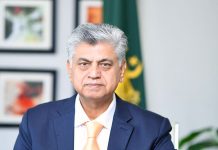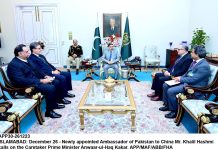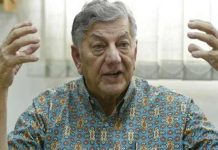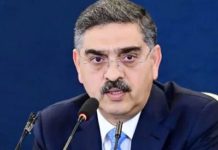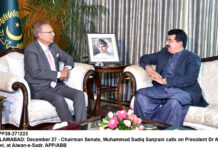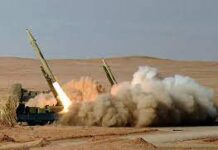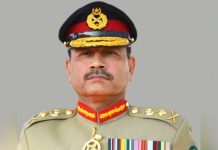
“It’s counter-intuitive, but this is actually a positive step,” US Acting Assistant Secretary of State for South and Central Asian Affairs Alice Wells said in reply to a question at a news briefing on the sidelines of UN General Assembly. “Countries are required under the obligations of the listings that for any UN designated individuals, you account for whatever money flow is permitted, such as the family expenses of Hafiz Saeed. So actually having these submissions indicates a level of transparency and a key requirement of FATF,” Wells said, speaking to a few journalists on the sidelines of the UN General Assembly. “We welcome this step,” she added.
The United Nations Security Council (UNSC) had on Thursday allowed outlawed Jamaat-ud-Dawa (JuD) chief Hafiz Saeed to draw money from his bank account for basic expenses. Pakistan had approached the UNSC with a request to let the JuD chief use his bank account for personal expenses. “The Chair has the honour to refer to his draft letter to the Islamic Republic of Pakistan communicating the Committee’s decision with respect to the intention of the Pakistani authorities to authorize certain expenditures to the benefit of Hafiz Saeed to cover basic expenses,” a note by the UNSC chair had said.
Pakistan’s Foreign Office had, meanwhile, clarified that such an exemption was in line with the established procedures and practices of the UNSC 1267 Sanctions Committee. “Hafiz Saeed and others had submitted an exemption request for basic expenditure to the United Nations Security Council. The request was later approved by the Council as a matter of routine,” FO spokesperson had said in a statement, while expressing disappointment that a section of Indian media was unnecessarily politicising the issue to cast negative aspersions on Pakistan’s efforts to implement its obligations under the UN sanctions regimes.


